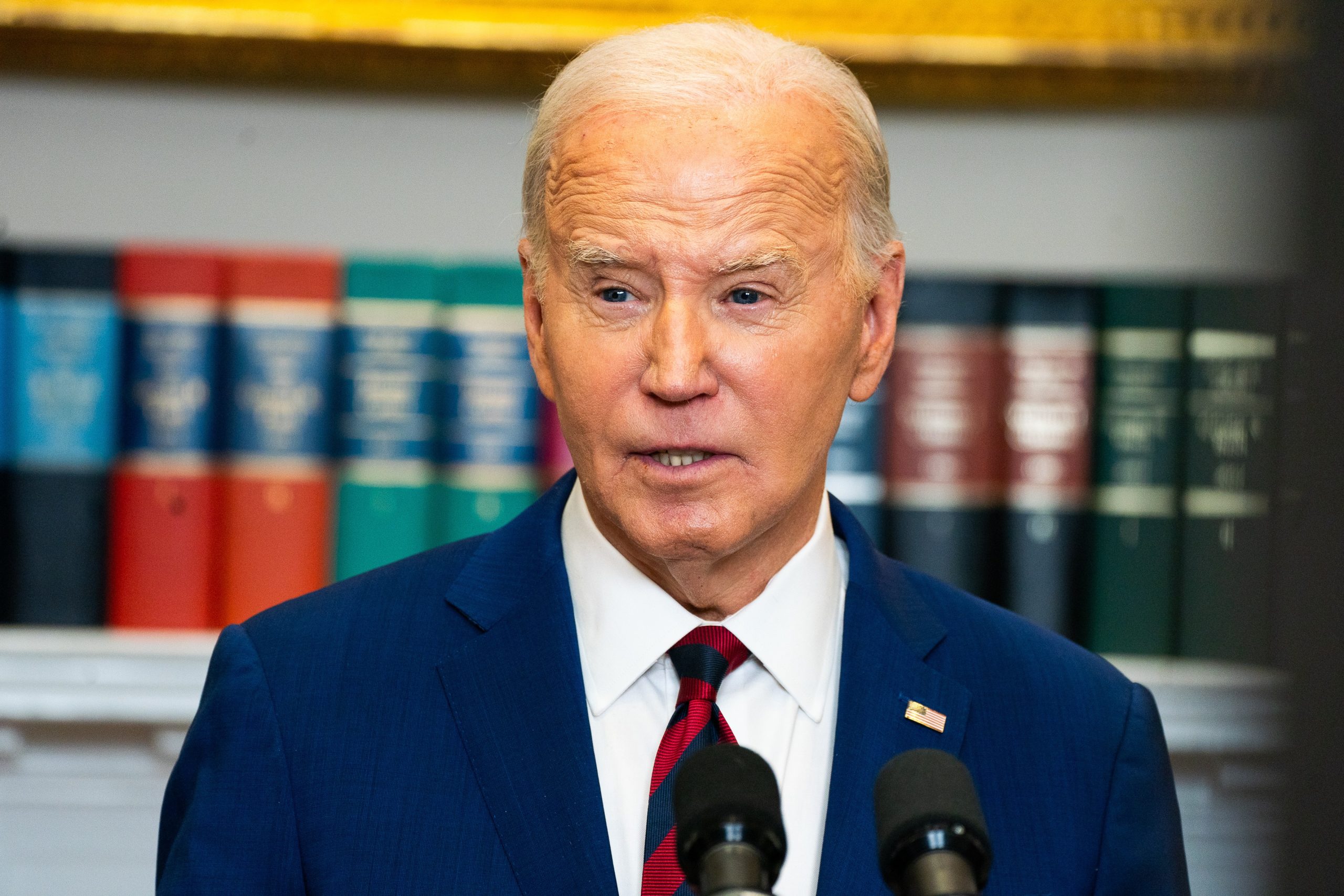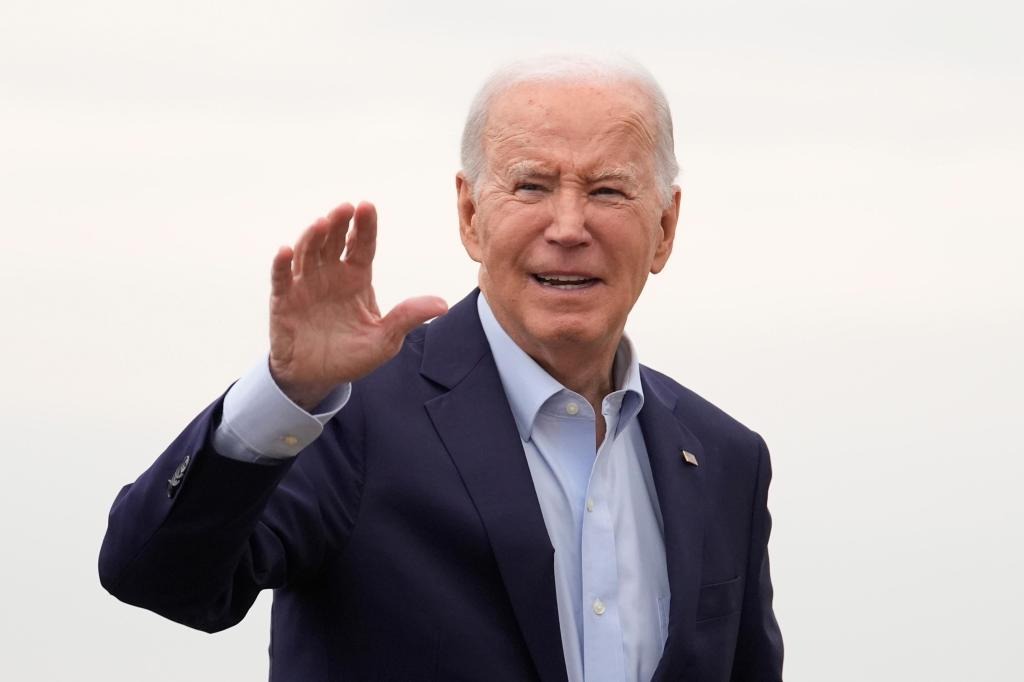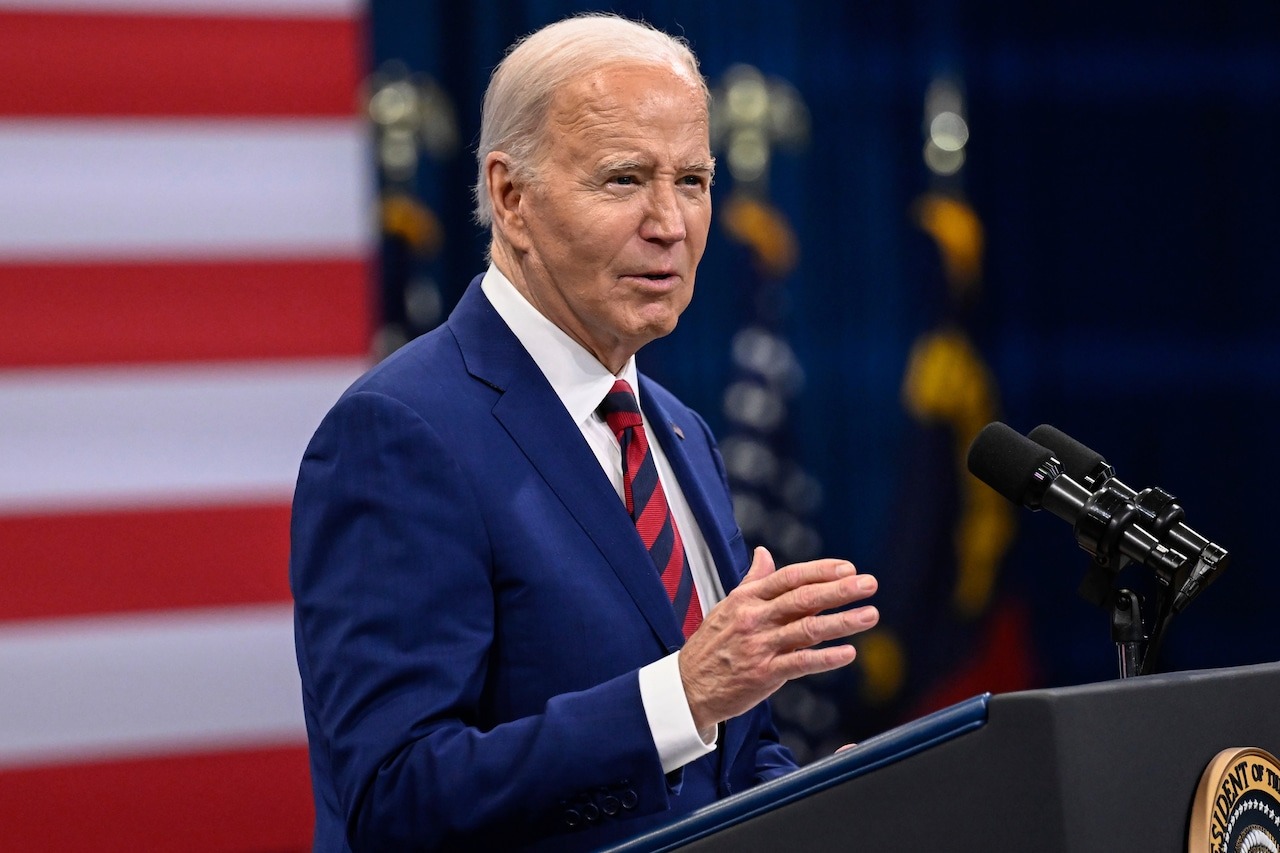President Joe Biden faced a significant setback when several Muslim community leaders declined his invitation to the White House’s iftar dinner, as reported by the NY Times.
Their refusal was rooted in dissatisfaction with the President’s backing of Israel amidst the Gaza conflict, casting a shadow over what is traditionally a celebratory event marking the end of Ramadan’s daily fasting.
The discontent among the invitees was palpable, with some expressing their inability to partake in a feast while discussing the grave humanitarian crisis in Gaza.

President Joe Biden (Credits: The Boston Globe)
Dr. Thaer Ahmad, a Palestinian American recently returning from Gaza, voiced his dilemma starkly, questioning the juxtaposition of discussing famine over a lavish meal.
In response to the growing controversy, the White House opted for a more subdued observance, canceling the large-scale iftar event in favor of a modest dinner for staff and a separate dialogue with Muslim leaders.
This intimate meeting, attended by key figures including Vice President Kamala Harris and National Security Adviser Jake Sullivan, saw attendees sharing firsthand accounts from Gaza, intensifying the call to end the conflict.
Despite the earnest discussions, Dr. Ahmad left the meeting early, emphasizing his solidarity with those suffering from the war, a gesture that Biden reportedly understood.

President Biden (Credits: Sun Sentinel)
The scale reduction from the previous year’s grand Iftar celebration to this year’s restrained gathering reflects the Biden administration’s difficult balancing act in addressing the Gaza situation.
Despite efforts to engage with Muslim leaders over recent months, the President’s position on Gaza has strained relations with crucial segments of his political base, including young voters, the Black community, and progressives.
White House Press Secretary Karine Jean-Pierre acknowledged the meeting’s sensitive nature, framing it as part of ongoing efforts to change a profoundly distressing period for the Arab and Muslim communities.
The administration reiterated its commitment to seeking an immediate ceasefire and boosting humanitarian assistance to Gaza, albeit within complicated geopolitical dynamics that challenge the President’s approach to the conflict and its impact on domestic and international perceptions.
As President Biden navigates these turbulent waters, the incident underscores the intricate interplay of foreign policy decisions, domestic political considerations, and the expectations of a diverse and vocal base.
The changing situation in Gaza remains a critical test for the administration, with far-reaching implications for its relationship with key constituencies and its stance on international human rights issues.























